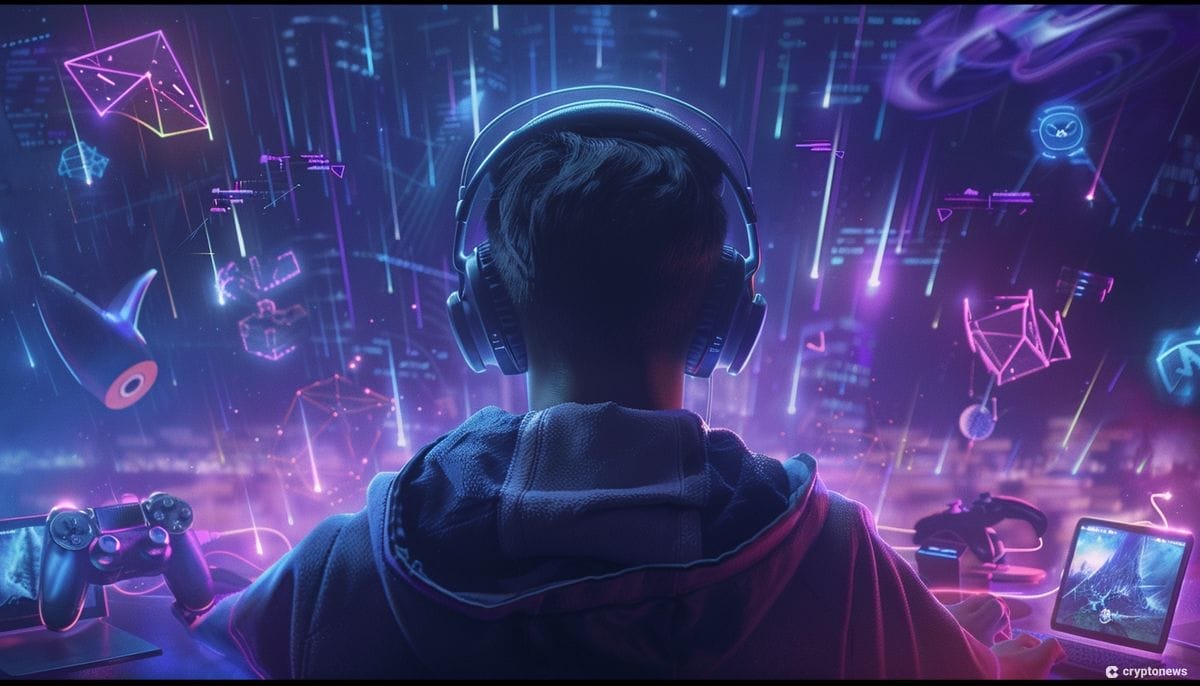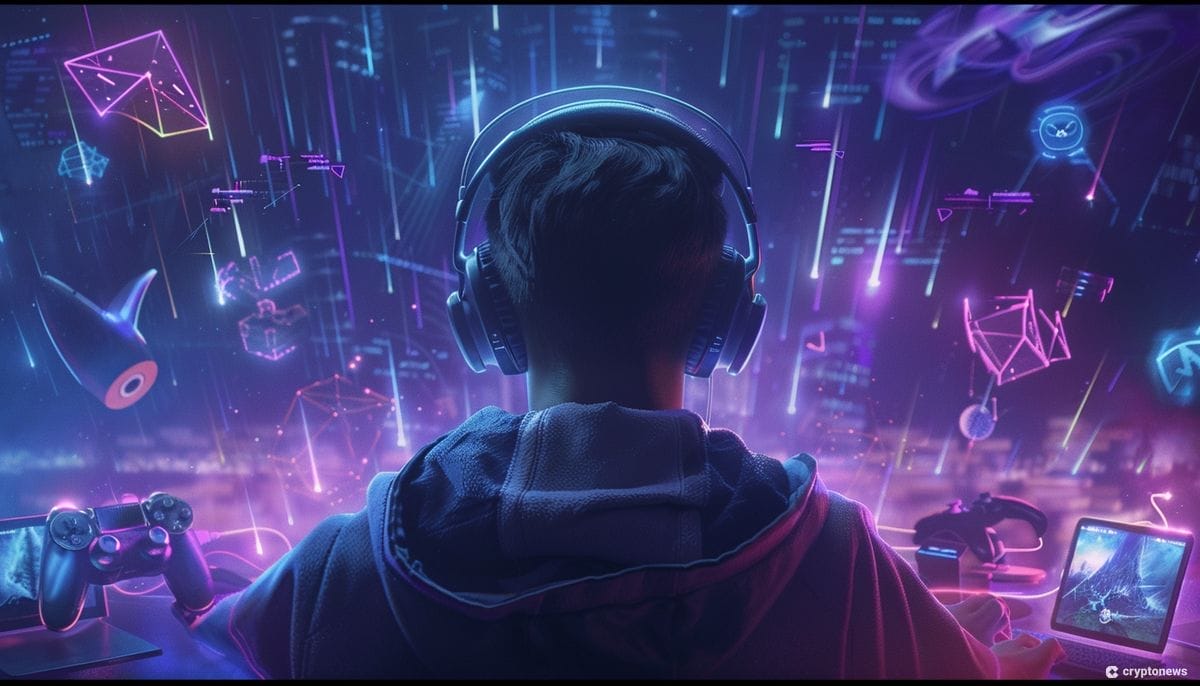Last updated:
 Why Trust Cryptonews
Why Trust Cryptonews

Roblox Corporation has unveiled a series of updates to its gaming and development platform, including a change in its payment policies.
In a move aimed at broadening its appeal and attracting more developers, Roblox will now permit developers to charge players in fiat money rather than its traditional virtual currency, Robux.
The announcement was made during Roblox’s annual developer conference held in San Jose, California.
According to Roblox CEO and founder David Baszucki, the new policy will initially roll out on desktop platforms later this year, with plans to extend it to other platforms in the future.
Roblox Reveals Partnership with Shopify
In addition to this policy shift, Roblox has also revealed a new partnership with Shopify.
The integration will allow players to purchase physical merchandise from within the digital Roblox experiences.
The company plans to pilot this feature with select creators, brands, and e-commerce partners before expanding it more broadly early next year.
The move aims to enhance the Roblox ecosystem by linking virtual experiences with real-world products.
Developers on the platform stand to benefit from a new revenue-sharing model introduced alongside these updates.
Under the new system, the share of revenue developers earn will vary depending on the price of their paid experiences.
For instance, experiences priced at $9.99, $29.99, and $49.99 will result in revenue shares of 50%, 60%, and 70%, respectively.
This tiered approach is designed to incentivize developers to offer a wider range of paid content on Roblox.
Roblox’s stock had surged during the COVID-19 pandemic as its young user base flocked to the platform for social gaming.
However, in the years since, the stock has declined by approximately 40%.
The shift to allowing fiat transactions could rejuvenate interest in the platform by addressing potential user fatigue with virtual currency transactions and providing a more familiar payment experience.
The pivot could also set Roblox apart from other major gaming companies, such as 2K and Electronic Arts, which predominantly use virtual currencies to maintain centralized transactional systems.
Dedicated Blockchain Use for Gaming to Surge
As reported, Proof of Play CEO Amitt Mahajan is anticipating a surge in dedicated blockchain usage for gaming applications.
Mahajan, who previously developed the popular Facebook game Farmville, envisions a future where thousands of individual blockchains support specific applications.
He sees blockchain technology as an advanced database and believes that using chains as data stores is essential for scaling applications.
The trend of dedicated blockchains for gaming is not unique to Pirate Nation.
Other games on networks like Avalanche are utilizing their own dedicated subnets, such as Shrapnel and Off the Grid with its GUNZ network.
Treasure is also building its own Arbitrum-based Treasure Chain with dedicated gaming networks called “Infinity Chains.”
Meanwhile, Meta is seeking to revolutionize metaverse gaming by incorporating generative artificial intelligence (AI) technology.
A recent job listing by Meta reveals the company’s intention to explore and prototype “entirely new types of gameplay” in the metaverse through the integration of generative AI with virtual, augmented, and mixed-reality games.















